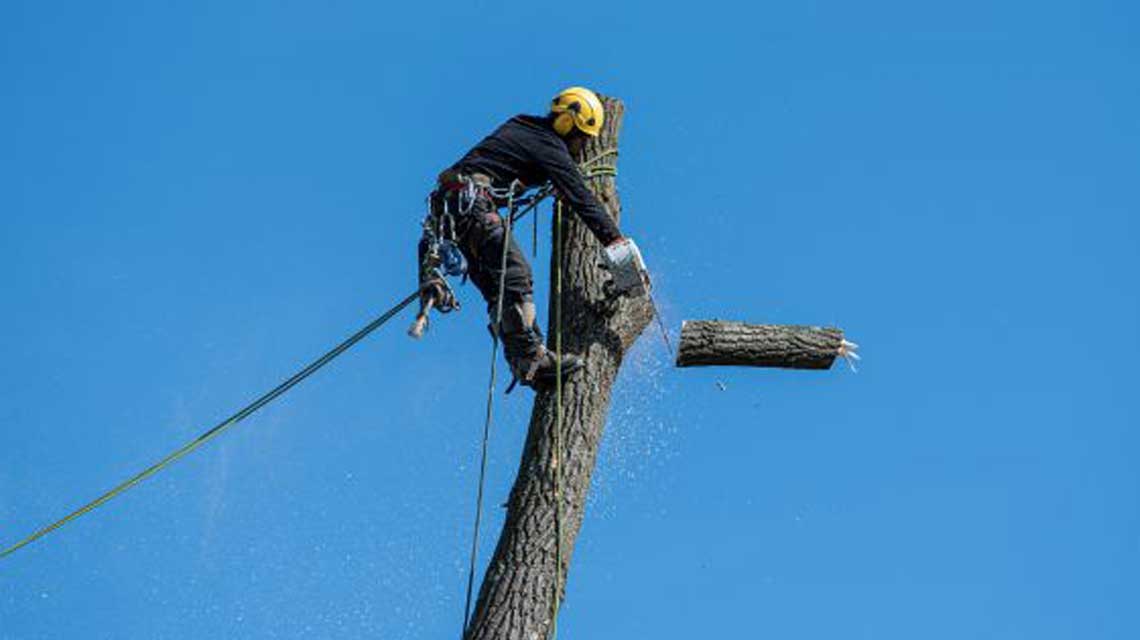- +1 (202) 438-6441
- earthregenerativeprojectsl@gmail.com
-
32 Wallace Johnson St Freetown SL

Reduce Global Warming By Tree Plantation
- $0 Raised Of $0
Tree plantation is a powerful tool in the global fight against climate change, as it helps reduce global warming by absorbing carbon dioxide (CO2) from the atmosphere and providing a host of other ecological benefits. One key step in this endeavor is selecting appropriate tree species that are well-suited to the local climate and ecosystem. Native trees are often the best choice, as they tend to thrive and support local wildlife. The careful planning of tree planting initiatives ensures that the trees not only survive but also contribute to long-term carbon sequestration.
The location of tree plantations is crucial. Targeting areas with high deforestation rates, degraded land, or urban spaces can significantly amplify the positive impact of tree planting efforts. Urban forests, in particular, can provide cooling effects, reduce energy consumption, and improve air quality in densely populated areas.
Planting trees today is sowing the seeds of a cooler, greener tomorrow, a tangible solution to combat global warming. Each tree planted is a pledge to reduce global warming, an investment in a sustainable and resilient future for all.
Sustainable maintenance practices are essential to maximize the carbon sequestration potential of tree plantations. Regular care, such as watering, weeding, and protection from pests and diseases, ensures healthy tree growth. Engaging local communities in tree planting initiatives fosters a sense of ownership and responsibility, making it more likely that the trees will be nurtured over time. To reduce global warming effectively through tree plantation, it is essential to implement a multi-pronged approach, combining proper species selection, strategic planting locations, and ongoing care, all while engaging communities and raising awareness about the critical role trees play in mitigating climate change.
Stop Cutting Down Trees
Cutting down trees has significant climate effects that can contribute to climate change.Preserving and protecting our forests is of utmost importance in today's world. Trees play a vital role in maintaining the balance of our ecosystems and provide numerous benefits to both the environment and human society. Sadly, deforestation continues to be a significant global issue with severe consequences. In order to address this problem, it is crucial to raise awareness and take action to stop cutting down trees.
Trees are essential for maintaining biodiversity. Forests harbor an incredible variety of plants, animals, and microorganisms, many of which are yet to be discovered. By destroying forests, we risk losing countless species and disrupting intricate ecological relationships. This loss of biodiversity can have far-reaching impacts on the stability and health of our ecosystems. Here are some of the main ways in which tree removal impacts the climate:
Trees act as carbon sinks, absorbing carbon dioxide from the atmosphere and helping mitigate climate change. Deforestation releases large amounts of stored carbon back into the atmosphere, contributing to greenhouse gas emissions and exacerbating global warming. Protecting existing forests and reforesting areas that have been cleared can significantly contribute to combating climate change.
Trees are crucial for maintaining water cycles and preventing soil erosion. Forests act as natural water filters, purifying water and reducing the risk of water scarcity. They also help regulate rainfall patterns, preventing floods and droughts. Additionally, tree roots stabilize the soil, preventing erosion and landslides, which can have devastating consequences for communities living in forested areas.
To stop cutting down trees, we need a combination of governmental policies, international cooperation, and individual actions. Governments should enforce stricter regulations and penalties for illegal logging, promote sustainable land use practices, and support initiatives for reforestation. International collaboration is necessary to address deforestation on a global scale, as forests are shared resources that transcend national boundaries.
On an individual level, we can make a difference by adopting more sustainable lifestyles. Choosing recycled and responsibly sourced wood products, reducing paper consumption, and supporting organizations that work towards forest conservation are some simple steps we can take.
The urgency to stop cutting down trees cannot be overstated. Preserving our forests is vital for the health of our planet, the well-being of communities, and the survival of countless species. By recognizing the value of trees and taking concrete actions to protect them, Join Earth Regenerative Project Sierra Leone (EaRP-SL) https://www.earpi-org to ensure a sustainable future for generations to come by planting 1 million trees by 2030.
 Eng
Eng
 简体中文
简体中文
 French
French
 العربيّة
العربيّة

